Ranju Sarkar in New Delhi
Disentanglement of cross-holdings left many members of the business clan cash rich. And his fraudulent scheme was hard to resist.
A key question in the minds of investigators and people tracking the Rs 300-crore Citibank fraud case is, how and why did the entire Hero Group invest in unison?
Shivraj Puri, the relationship manager at Citibank's Gurgaon branch at the centre of the fraud, targeted the Munjals because they were flush with money in mid-2010 after their family settlement, explained a person close to the business family.
...
How Munjals fell prey to the Citibank fraud
The Munjals' family settlement saw cross-holdings in more than 20 group companies untangled. This was done in such a way that each faction of the family was given ownership of the businesses they currently manage.
The exercise, which started with unlisted firms, culminated on May 31, 2010, with the transfer of shares in listed firms like Hero Honda through a series of stock market deals.
"All the companies were valued. But the rest of them combined won't be a patch on Hero Honda, which had a market cap of Rs 38,697 crore (Rs 38.69 billion) on May 31, 2010," says an industry analyst. He's right: The market cap of all the other companies doesn't add up to even Rs 500 crore (Rs 5 billion).
...
How Munjals fell prey to the Citibank fraud
Though other factions of the family got more than cash, it essentially meant B M Munjal and his sons buying the 19 per cent stake that the three other factions of the Munjal family held in Hero Honda.
This stake was worth Rs 7,500 crore (Rs 75 billion) on May 31, 2010, with each faction's 6.5 per cent worth Rs 2,515 crore (Rs 25.15).
Even if you discount this by 30 per cent for ownership of the businesses they were managing, the three other factions of the Munjal family received around Rs 1,500-1,700 crore (Rs 15 17 billion) to give up their stakes in Hero Honda.
...
How Munjals fell prey to the Citibank fraud
Image: Shivraj Puri.Clearly, Puri got a wind of this and, in collusion with some group executives, targeted the family and the group.
Puri is related to a Hero Honda dealer - he is the son of a company dealer's nephew. "He used this relationship to build relationships in the group. It was a fixed-return scheme. People were lured when he started returning money," said a person in the know.
Hero Honda, a family spokesperson and Sunil Munjal declined to comment on the issue.
...
How Munjals fell prey to the Citibank fraud
Puri approached clients with a 90-day deposit scheme that promised a 2 per cent monthly return.
Sanjay Gupta, the assistant vice-president at Hero Corporate Services, who has been arrested, and another director approached Chairman Sunil Kant Munjal, the youngest son of B M Munjal and an active member at CII.
Munjal did not respond to an email query. In a recent statement, the B M Munjal faction of the family had said it was a victim of the fraud and is trying to recover the Rs 29 crore (Rs 290 million) it had invested.
...
How Munjals fell prey to the Citibank fraud
Puri, who many in Hero believed to be the grandson of a former Reserve Bank of India governor, dropped names of other high-profile investors to lure Hero Corporate into the deal.
Soon, other Hero companies learnt of this 'wonderful deal', and many of them invested amounts ranging from Rs 10 crore to Rs 50 crore (Rs 100 million to Rs 500 million) each.
Gupta became a point of reference for other group companies and they fell for Puri's schemes one by one.
...
How Munjals fell prey to the Citibank fraud
Photographs: Illustration by Uttam Ghosh.
"The modus operandi was simple: Divert the money to the stock markets. It seems it was a structured product, which most people don't understand, as it could be a pure equity or blended product.
How can they guarantee a return? There's no instrument which offers 18-24 per cent return," says a Delhi-based CFO. Barring one, almost all factions of the Munjal were caught in Puri's web.

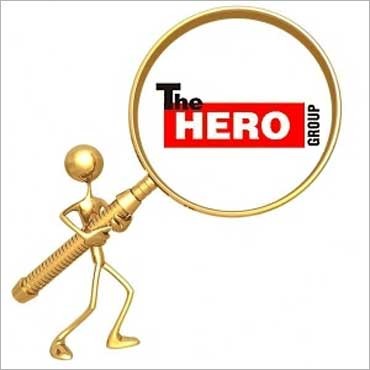

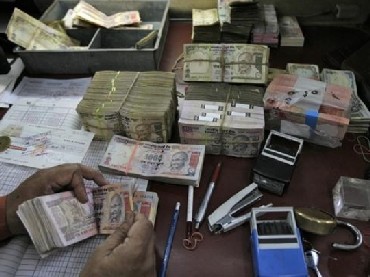
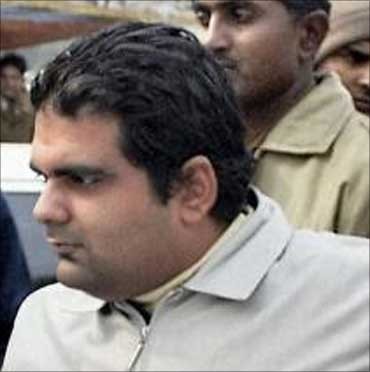
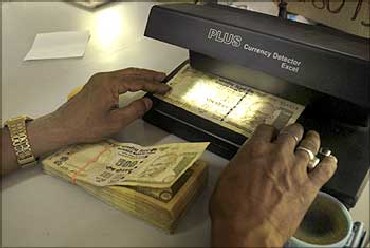
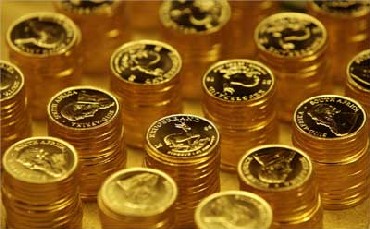


article